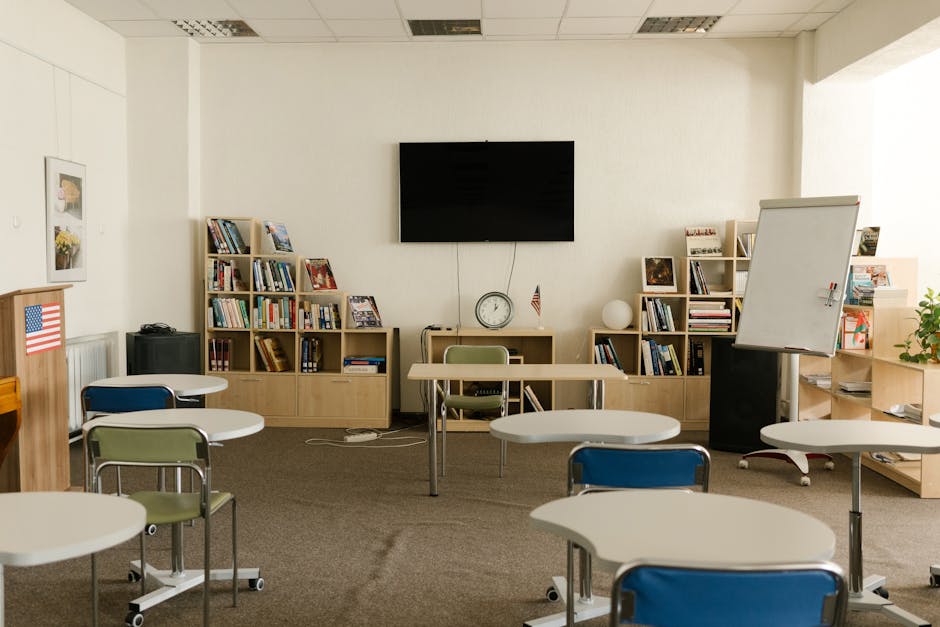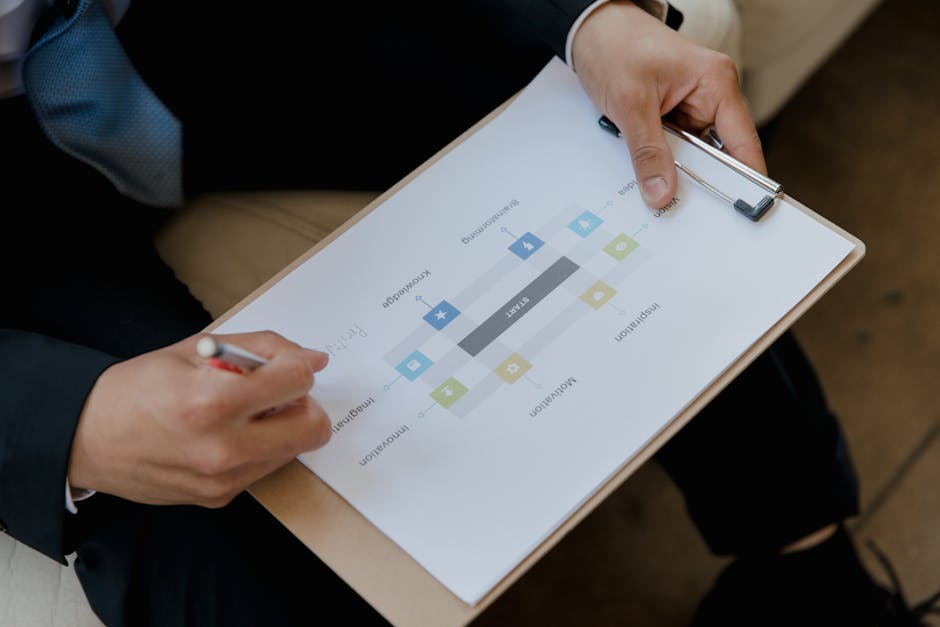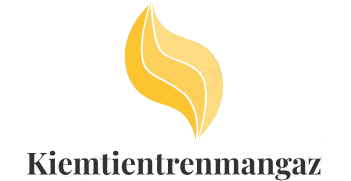Unlocking Knowledge: A Guide to Finding Free Educational Resources
Education is the key to unlocking a world of opportunities, but the cost of acquiring knowledge can be a barrier for many. Fortunately, in today’s digital age, there is an abundance of free educational resources available at our fingertips. From online courses to educational videos, e-books, and interactive tutorials, the internet has revolutionized the way we learn. In this comprehensive guide, we will explore the various avenues through which you can access free educational resources and expand your knowledge base without breaking the bank.
The Rise of Free Educational Resources

By Mikhail Nilov via Pexels
With the advent of the internet, traditional barriers to education have been dismantled, making knowledge more accessible than ever before. Free educational resources have democratized learning, allowing individuals from all walks of life to acquire new skills, gain knowledge, and enhance their personal and professional development. Whether you are a student looking to supplement your studies, a professional seeking to upskill, or a lifelong learner pursuing your passions, free educational resources offer a wealth of opportunities for growth and self-improvement.
Finding Free Educational Resources Online

By RDNE Stock project via Pexels
1. Open Educational Resources (OER): Open Educational Resources are freely accessible, openly licensed educational materials that can be used for teaching, learning, research, and other purposes. Platforms like OpenStax, OER Commons, and MERLOT offer a wide range of OER materials, including textbooks, lecture notes, and multimedia resources.
2. Massive Open Online Courses (MOOCs): MOOCs are online courses aimed at unlimited participation and open access via the web. Platforms like Coursera, edX, and Udemy offer a plethora of free courses on a variety of subjects, taught by professors from top universities around the world.
3. Educational Websites and Blogs: There are numerous educational websites and blogs that provide free resources, lesson plans, and instructional materials for educators, students, and self-learners. Platforms like Khan Academy, TED-Ed, and Scholastic offer engaging and interactive content for learners of all ages.
4. Public Libraries and Archives: Public libraries are treasure troves of free educational resources, including books, journals, magazines, and digital archives. Many libraries also offer online resources, e-books, audiobooks, and research databases that can be accessed remotely.
5. YouTube and Educational Channels: YouTube is a valuable source of free educational content, with channels dedicated to topics ranging from science and mathematics to history and literature. Channels like Crash Course, TED Talks, and Khan Academy have amassed millions of subscribers by providing high-quality educational videos for free.
Expert Opinions
According to Dr. John Smith, a renowned education expert, “Free educational resources have the potential to revolutionize the way we learn and teach. By leveraging technology and the power of the internet, we can provide access to high-quality educational materials to learners around the globe, regardless of their socioeconomic background.”
Common Misconceptions
One common misconception about free educational resources is that they lack quality and depth compared to paid resources. However, many free educational platforms partner with top universities and experts to offer high-quality content that is on par with paid alternatives. It’s essential to do your research and explore different resources to find the ones that best suit your learning needs.
Comparative Analysis
When comparing free educational resources to traditional educational materials, the advantages of free resources become apparent. Not only are free resources more accessible and affordable, but they also offer greater flexibility and customization, allowing learners to study at their own pace and on their own terms. Additionally, free resources often leverage interactive technologies and multimedia to enhance the learning experience, making it more engaging and effective.
FAQs
1. Are free educational resources of good quality?
Yes, many free educational platforms partner with reputable institutions and experts to provide high-quality content.
2. Can I earn certifications or degrees from free educational resources?
Some platforms offer certificates of completion for free courses, while others may offer paid options for certification or degrees.
Conclusion
In conclusion, free educational resources have revolutionized the way we learn, offering a wealth of opportunities for individuals to expand their knowledge and skills without incurring hefty costs. By leveraging the power of the internet and digital technologies, we can access a vast array of educational materials, courses, and resources that cater to diverse learning needs and interests. Whether you are a student, a professional, or a lifelong learner, free educational resources provide a gateway to continuous learning and personal growth. So why wait? Start exploring these resources today and unlock a world of knowledge at your fingertips.
Remember, learning is a lifelong journey, and with free educational resources, the possibilities are endless.




